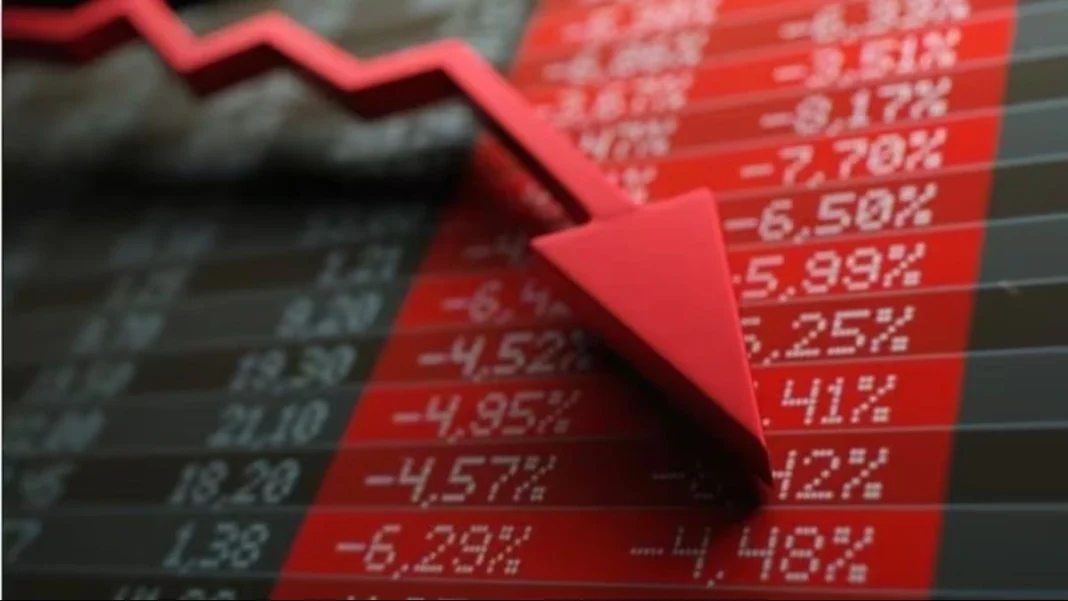The Indian stock market, which has been marked by recent volatility, continues to navigate troubled waters in the wake of the Lok Sabha elections. In terms of speculation and speculation, the market saw a downward trend on Monday, May 13, during the voting in the fourth round of the election.

The Nifty 50 index, which peaked on May 3, has fallen more than 4% since then. But despite this recent slowdown, the index is up more than 12% in the past six months and nearly 20% in the past year, indicating a largely positive market outlook
Union Home Minister Amit Shah in an interview to a leading television channel expressed optimism about the future of Indian banking after Lok Sabha polls were announced on June 4. Shah welcomed the recent market volatility and cautioned that he will not compare them with the election directly effect. He emphasized that market performance is influenced by many factors, suggesting that the recent decline may be due to speculation rather than electoral performance
Shah’s projection for the Bharatiya Janata Party (BJP) in the ongoing elections is noteworthy and he is expected to win 190 of the 283 seats polled so far.Belief in a strong government led by Prime Minister Narendra Modi will have a positive impact on market sentiment has boosted his confidence in the BJP’s performance.
However, in recent trading sessions, the Indian equity market struggled with a combination of factors that contribute to volatility and upswings Factors such as unremarkable Q4 results, the ongoing Lok Sabha elections and continued sales by foreign institutional investors (FIIs) raising market fears.
Analysts stressed that lower-than-expected turnout at the start of the election was a key factor affecting investor confidence. They believe this trend could affect the performance of the ruling BJP in the polls, thereby affecting market performance.
As voting for the fourth phase of the Lok Sabha elections took place on Monday, May 13, the uncertainty was reflected in the Indian stock market. The frontline indices were sharply lower, with the Sensex trading down 298.44 points at 72,366.03 and the Nifty 50 down 75.15 points at 21,980.05 in the morning session
Broad market indices representing small-cap and mid-cap stocks saw selling pressure intensify, each falling as much as 1.5%. Besides, the India VIX, a benchmark of market volatility, touched another 52-week high of 21.41, indicating heightened uncertainty among investors.
The round of Lok Sabha elections continues to show the way in which the Indian stock market will be integrated into the global financial and corporate sector. While investors await the results of the election and subsequent policy decisions, market participants remain guarded in the face of volatility, navigating the terrain of the country and international events have been
While the relationship between election results and market performance remains a matter of debate, the resilience and flexibility of the Indian economy highlights a key strength that investors continue to watch so in the present uncertainty emphasis.





